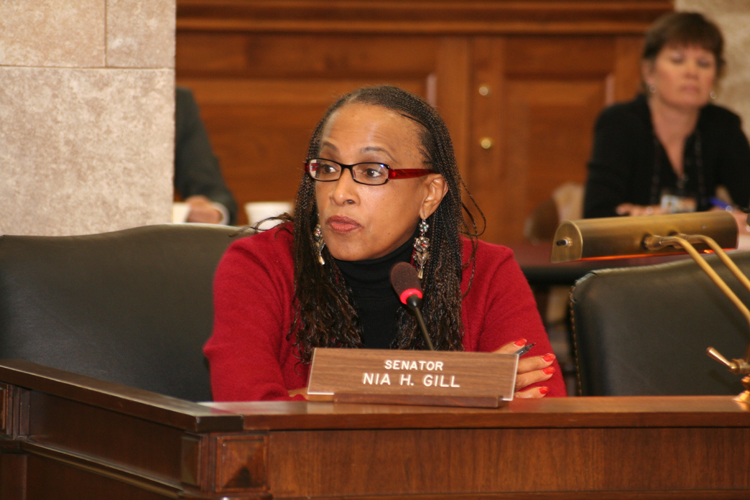
TRENTON – A bill sponsored by Senate Commerce Committee Chairwoman, Senator Nia H. Gill, which requires insurers regulated by the State of New Jersey to make installment payments for maternity services in the Garden State was signed into law today by Governor Corzine.
“The previous insurance reimbursement rules for maternity services performed in New Jersey were absurd, and forced medical professionals to administer care without any guarantee of ever being paid for their work,” said Senator Gill, D-Essex and Passaic. “Rather, health care professionals were only paid for their hard work after a baby was delivered. By going to a system of installment payments for maternity services, we are creating a far fairer system in the Garden State, and will hopefully make it easier for talented maternity care specialists to practice their medicine in New Jersey.”
The new law, S-1125, requires all health insurers regulated by New Jersey to provide reimbursement in installments to an obstetrical provider licensed in New Jersey. The bill defines obstetrical providers as State-licensed obstetricians, gynecologists and midwives that are subject to State licensure or certification through the Board of Medical Examiners. Senator Gill noted that the bill does not issue specific requirements for installments payments, and that such details would be determined through regulation by the Department of Banking and Insurance.
Senator Gill added that under the previous governing regulations, the total cost of caring for a pregnant woman and her baby – estimated at between $2,500 and $3,000 – was not paid out until after the baby was delivered, meaning that an ob-gyn may provide up to nine months of care before receiving any payment from a patient’s insurance provider. If a woman suffers a miscarriage, is transferred to a specialist as a result of a high-risk pregnancy, or moves out of State before the baby is delivered, and transfers to another doctor, the original ob-gyn may would receive no payment for the services provided, other than the co-pays paid by the patient.
“It’s a sad fact that New Jersey has one of the highest infant mortality rates nationwide,” said Senator Gill. “By forcing maternity care providers into an unfair reimbursement paradigm, we were doing our expecting mothers a disservice, because we were making it harder for ob-gyns and other maternity services specialists to operate in the State. This new law will make it easier for moms-to-be to find the right level of care for them, and give them a larger pool of medical professionals to choose from when deciding on prenatal care.”
The bill was approved by both houses of the Legislature in June.

